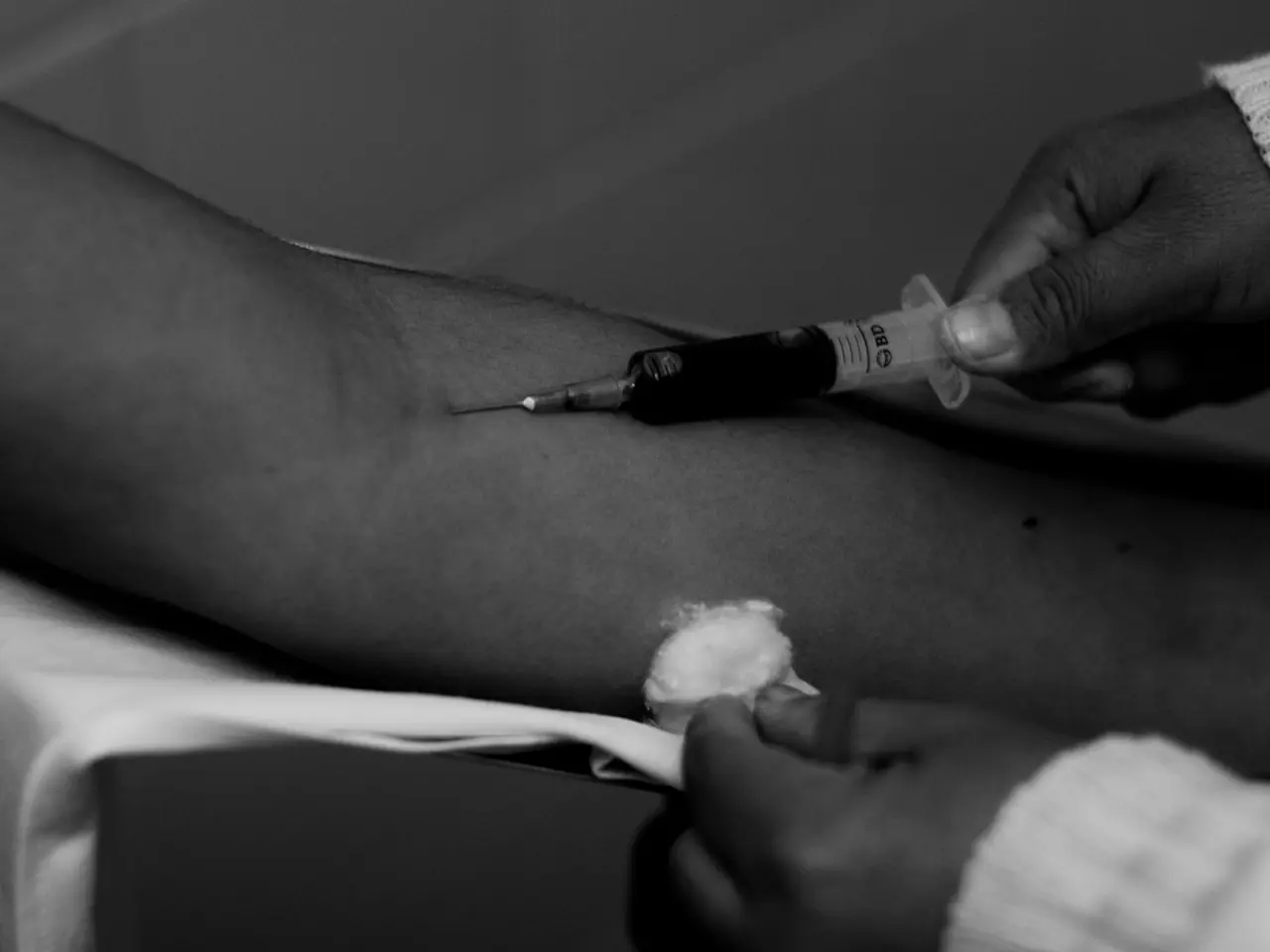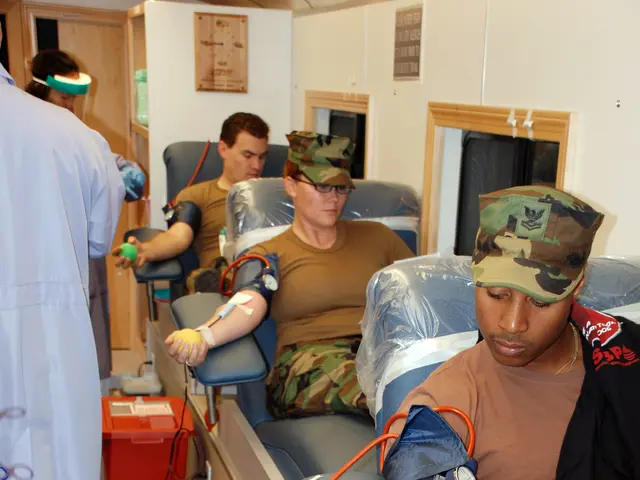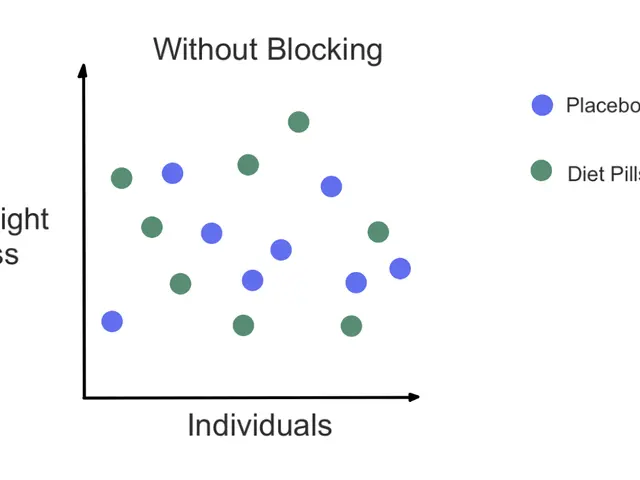Cost, Dosage, and Risks Associated with Lipotropic Injections
Lipotropic injections, often referred to as MIC-B12 or Lipo-B shots, have gained popularity as a weight loss aid, but their effectiveness and safety remain a topic of ongoing research.
A study published in the *Journal of Alternative and Complementary Medicine* has shown promising results, with lipotropic injections containing methionine, inositol, and choline leading to significant reductions in body fat percentage and waist circumference in overweight individuals. These injections, which boost fat metabolism and support the liver's ability to process and remove fat, may enhance fat-burning when combined with diet and exercise.
While these injections are generally considered safe when administered under medical supervision, they lack extensive research on long-term safety and efficacy compared to newer weight loss injections like GLP-1 receptor agonists or tirzepatide. Side effects tend to be mild, with discomfort at the injection site being the most common.
Unlike appetite-suppressing injections, lipotropic injections primarily enhance metabolism and fat processing rather than suppress appetite. As such, they are best suited as an adjunct to diet and exercise rather than a primary weight loss treatment.
It is crucial for individuals considering lipotropic injections to consult healthcare providers to ensure appropriate use and to combine them with a healthy lifestyle for best results. With limited research on the effectiveness of these injections for weight loss, it is essential to approach their use with caution.
The cost of lipotropic injections varies from one weight loss clinic to the next, and there is no scientific data to support the dosage claims made by weight loss clinics. Furthermore, the effects of plant-based foods as a source of lipotropes have been studied in rats, but the effects of lipotropic injections have not been investigated in these studies.
In conclusion, while lipotropic injections may offer some benefits for weight loss, their effectiveness is modest compared to appetite-suppressing injections, and their long-term safety remains uncertain. A well-rounded weight loss program should include behavioural treatment or lifestyle counseling, sleep management, stress management, continuous feedback, monitoring, and support, slow, steady, and achievable fitness goals. Before planning a weight loss regimen, individuals may wish to consider their current eating and exercise habits and seek advice from doctors, dietitians, and weight loss specialists.
- The predictive science behind the effectiveness of certain supplements, such as vitamin B12, in weight-management and health-and-wellness is an area of ongoing research.
- Some studies suggest that supplements like methionine, inositol, and choline, often found in lipotropic injections, may have a beneficial impact on diseases like psoriasis and migraine due to their role in liver function and nutritional support.
- In the realm of disease prevention, scientific understanding of Crohn's disease has grown significantly, but the role of lipotropic injections and their related supplements in managing this condition requires further investigation.
- A well-rounded approach to managing weight might involve incorporating lipotropic supplements into a comprehensive health-and-wellness routine, which could also include exercise, a balanced diet, and stress management techniques.
- As the use of lipotropic injections for weight loss becomes more popular, it is essential to approach their use with caution due to the limited research on their long-term safety and efficacy.
- The use of plant-based foods as a natural source of lipotropes has garnered attention in scientific circles, and understanding their potential role in weight-management and overall health-and-wellness remains an intriguing area for nutritional research.





